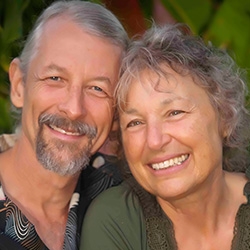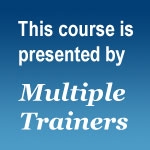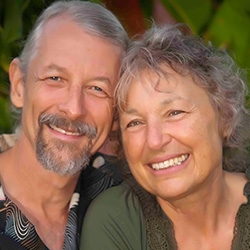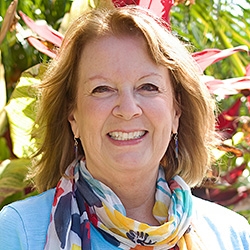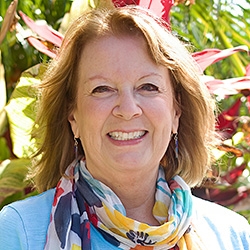

NVC Resources on Blame
-
Sylvia Haskvitz shares NVC basics to help you improve understanding and connection in communication.
-
This explores four types of feedback: destructive, constructive, by demonstration, and dialogue.
-
Join CNVC Certified Trainers, Raj Gill and Mary Mackenzie as they explore the Nonviolent Communication process of Empathy. This audio will support people with a basic understanding of Nonviolent Communication who want to deepen their ability for empathic presence.
-
Listen to Jim and Jori Manske share their understanding of discernment to gain clarity, insight, and wisdom for making life-serving distinctions and choices.
-
Trainer Tip: Mary shares how staying present to our anger and finding the underlying feelings and needs can lead to deeper connection and more satisfying outcomes.
-
Conflict is a normal and natural part of life. To varying degrees, it happens whenever two or more people consistently spend time together. Resolving conflict effectively and peacefully, in a way in which all parties feel respected and valued, does not feel natural for those of us who grew up with punitive, adversarial, or avoidant approaches to conflict. Eric offers some tips for approaching conflict.
-
Trainer Tip: Our particular needs and expectations in the moment, influences how we feel. So if you are feeling hurt, sad, angry, or disappointed, try to consider what your unmet needs are, and see if there are other ways you can get them met. Today, track how your needs affect your feelings.
-
Trainer tip: NVC focuses on shared human values and needs, and encourages the use of language that increases good will -- plus avoidance of language that contributes to resentment or lowered self-esteem. It emphasizes taking personal responsibility for choices and improving the quality of relationships as a primary goal. For today, focus on making observations without moralistic judgment in at least two of your interactions.
-
We can use anger as an important signal to let us know that we perceive a threat to a universal need or value, directing our attention to something so that we can take effective action, and avoid harmful thought patterns. For example, instead of dwelling on a "should," focus on addressing unmet needs through boundaries and effective communication.
-
Every interaction with children contains messages about who they are, who we are, and what life is like. By engaging attachment parenting and NVC we give them rare gifts in society: to know their parents well, to discover the effects of their actions without being blamed for them, and to experience the power of contributing to meeting others' needs, and the power to move towards mutually satisfying outcomes.

Quick Links
Subscription Preferences
Stay In Touch!
Looking for ways to keep up with NVC Academy news, get special offers, free resources, or words of inspiration? Here are five ways to stay engaged:


